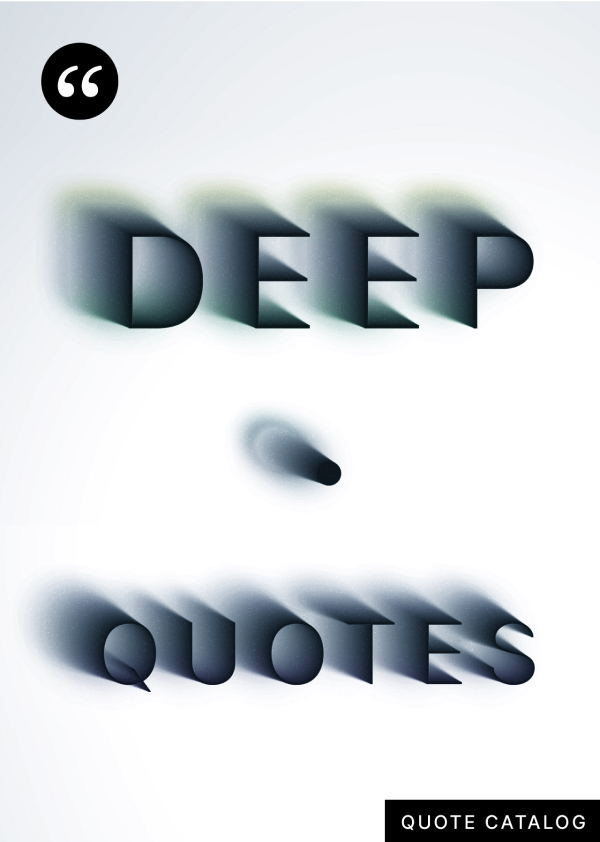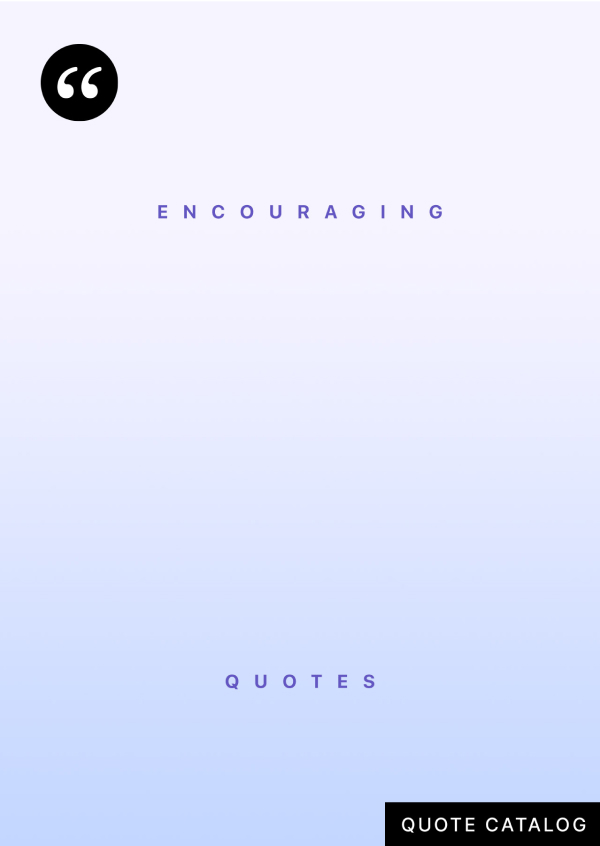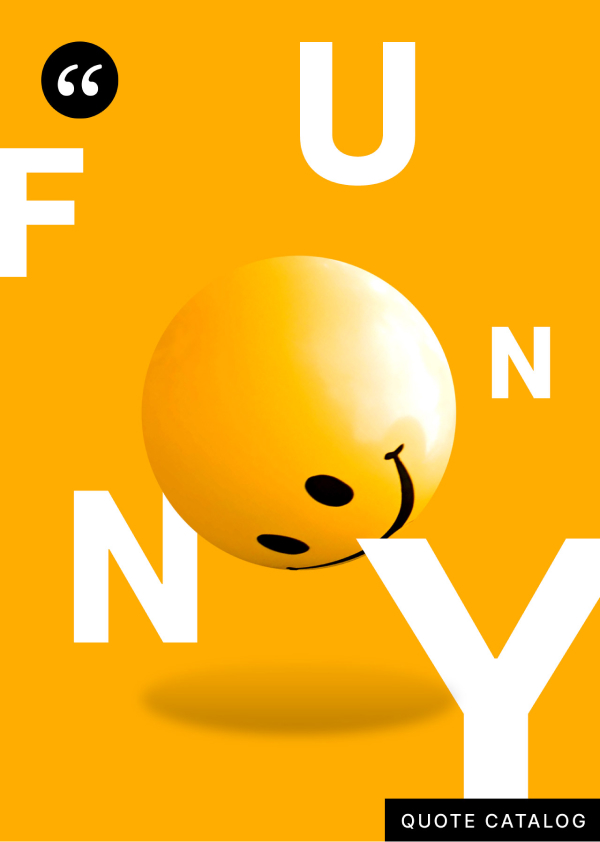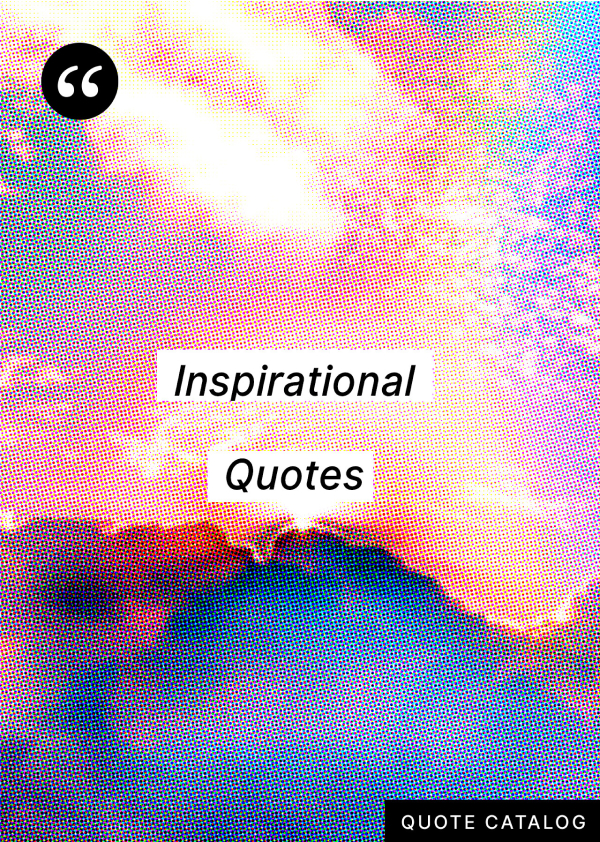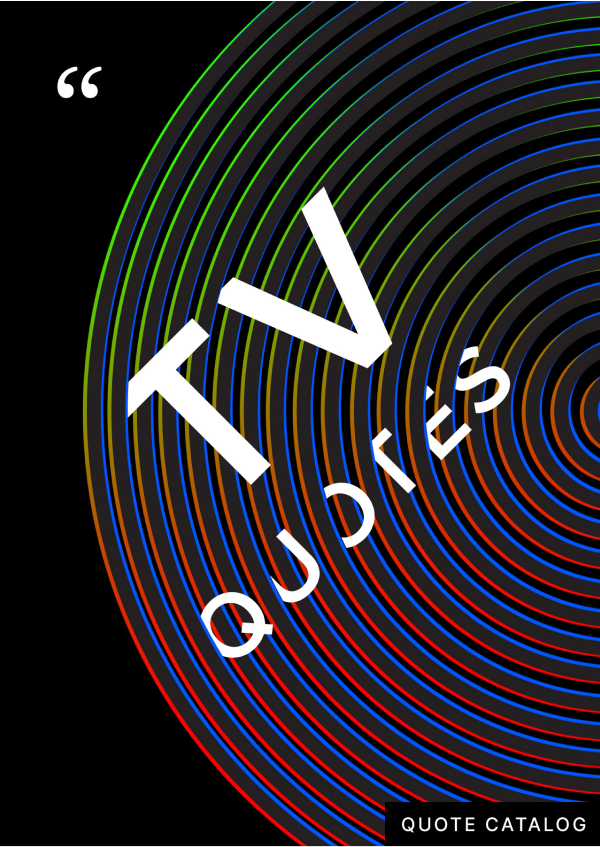Annotation
Full context — HD: That’s a good analogy. That’s Fernando Flores’ terminology – declaring a new possibility. I’ve always been suspicious of it, but in some domains it certainly works. It seems to work in the Declaration of Independence, and it seems to work with Jobs in declaring a new company like Next. But, the thing with the powerful woman isn’t enough. It needs to be more concrete. The people who wrote the Declaration of Independence didn’t declare independence in general. They declared right from the start that these 13 states were independent of England in this way. You can declare something if it’s the sort of thing that becomes true by a kind of consensus and if it’s concrete enough to become true and to fail. That’s another way to put it. I tell my class that declaring yourself to the future triumph of the proletariat won’t do because it’s something that is not concrete enough to fail. Declaring yourself that you’re going to make the black people in Alabama able to take the bus, that’s pretty risky and that can succeed or fail. And, you can do it. Martin Luther King did it. I’m not against declaring it. I now get clearer. I’m suspicious of declaring it in a vacuum first and then finding the filling. That doesn’t feel right. That doesn’t mean it won’t work. I think it would work better if they were able to declare they were going to do something specific. It will sound more like New Year’s resolutions and that’s not the right way to have it either. It’s got to do with an “I am” instead of an “I will.” “I am the one who’s job it is to do such and such,” I guess -not just that I’m not going to eat sugar anymore or something. JH: For those of us who are instructors in this kind of work, I would think one of the things we have to be careful of is to not impose our artificial authority on people. Is there any other recommendation you have for us out in the field? HD: This is probably the same challenge I have as a teacher. I’ve got the same thing about not imposing my authority on the students who look at me with kind of awe and want to imitate me. I try to not give them any content they can copy or imitate. They can imitate the openness if they can do it, but nothing else. What other risks are there?
Explore more quotes:
About the author
This page was created by our editorial team. Each page is manually curated, researched, collected, and issued by our staff writers. Quotes contained on this page have been double checked for their citations, their accuracy and the impact it will have on our readers.
Kelly Peacock is an accomplished poet and social media expert based in Brooklyn, New York. Kelly has a Bachelor's degree in creative writing from Farieligh Dickinson University and has contributed to many literary and cultural publications. Kelly assists on a wide variety of quote inputting and social media functions for Quote Catalog. Visit her personal website here.
Kendra Syrdal is a writer, editor, partner, and senior publisher for The Thought & Expression Company. Over the last few years she has been personally responsible for writing, editing, and producing over 30+ million pageviews on Thought Catalog.

